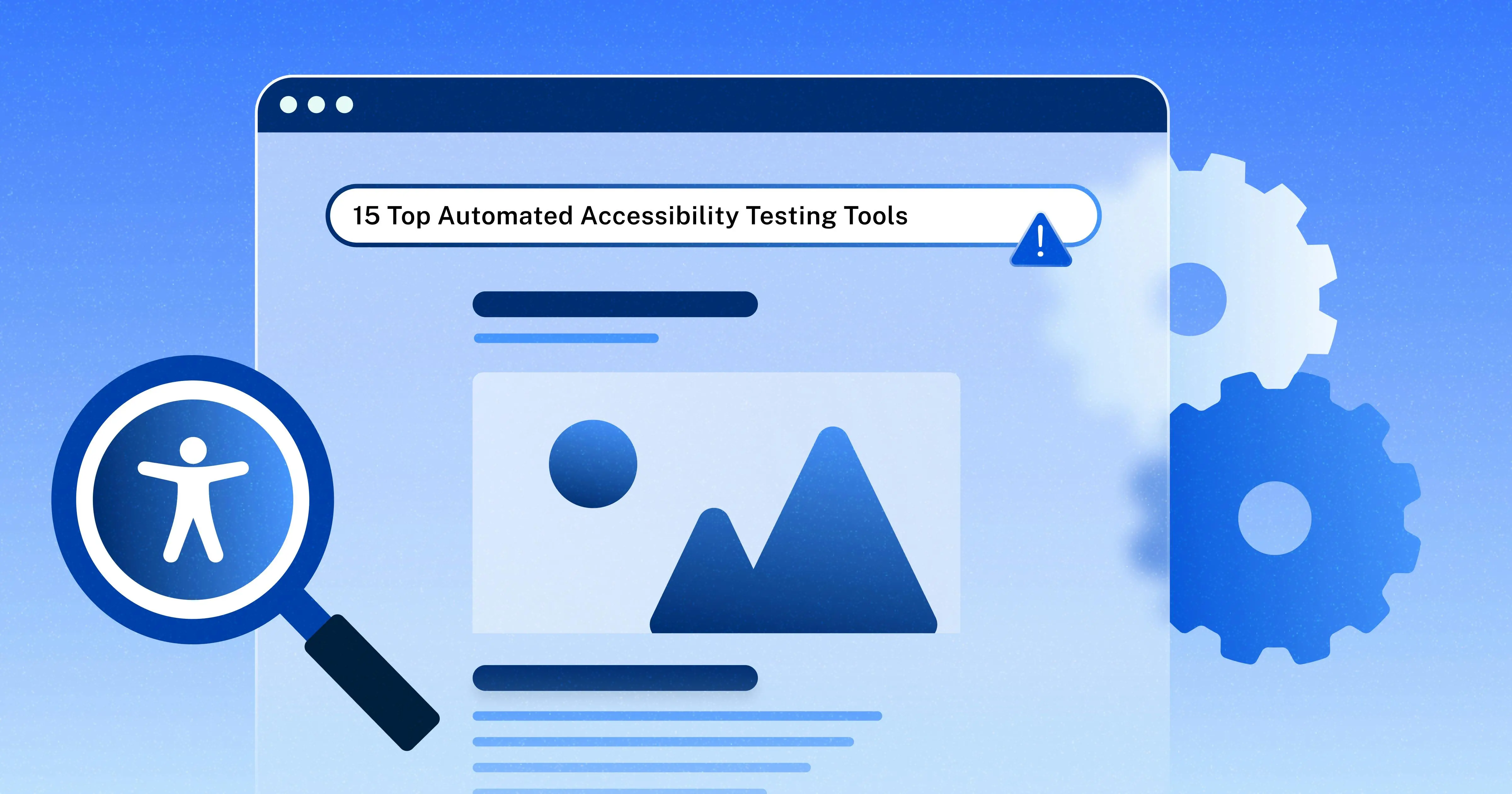
As software development continues to evolve, the demand for automated testing tools is at an all-time high. In 2025, developers will need to streamline their Quality Assurance (QA) processes with the right tools to ensure they can deliver high-quality products efficiently. Below, we explore essential automation tools that are shaping the future of QA.
1. Selenium
Selenium remains one of the most popular automated testing tools for web applications. It allows developers to write test scripts in various programming languages, including Java, C#, and Python. The flexibility it offers makes it a favorite among developers looking to automate their browser testing. Selenium supports all major browsers and operating systems, ensuring compatibility across diverse platforms.
2. Cypress
Cypress has gained significant traction in recent years as an all-in-one testing framework. Unlike Selenium, Cypress runs directly in the browser, providing real-time testing feedback and a more straightforward setup. Its ability to debug tests easily and run them in parallel makes it a must-have for developers looking to enhance their testing efficiency in 2025.
3. TestComplete
TestComplete is a comprehensive automated testing tool that supports various applications, including desktop, web, and mobile. It offers a user-friendly interface, enabling users to create tests with little to no coding knowledge. With its robust features and extensive integrations, TestComplete is ideal for teams focused on improving their QA processes without sacrificing quality.
4. Appium
As mobile applications become increasingly complex, Appium stands out as a leading automated testing tool for mobile app testing. It supports both iOS and Android platforms, allowing developers to write tests using their preferred programming languages. Appium’s flexibility and open-source nature make it an essential tool for developers looking to automate their mobile testing efforts.
5. JUnit and TestNG
For Java developers, JUnit and TestNG are indispensable automated testing tools for unit testing. Both frameworks provide powerful annotations and assertions that streamline the testing process. In 2025, as more developers focus on test-driven development (TDD) and behavior-driven development (BDD), these tools will continue to be integral for ensuring code quality and reliability.
6. Postman
API testing is crucial in today’s software landscape, and Postman excels in this area. It allows developers to create and run API tests effortlessly, ensuring that backend services function correctly. With features like automated testing, monitoring, and documentation, Postman is a versatile tool that enhances the efficiency of QA processes in 2025.
7. LoadRunner
Performance testing is a critical aspect of software quality, and LoadRunner is one of the leading automated testing tools for this purpose. It helps developers simulate virtual users to test application performance under various loads. As applications scale, LoadRunner will be vital for identifying potential bottlenecks and ensuring optimal performance.
8. Robot Framework
The Robot Framework is an open-source automation framework that supports keyword-driven testing for both web and mobile applications. Its simplicity and extensibility make it a favorite among teams looking to implement automated testing quickly. In 2025, the Robot Framework is set to gain more popularity as organizations seek to simplify their testing processes while maintaining quality.
9. Katalon Studio
Katalon Studio is an integrated testing environment that supports web, API, mobile, and desktop application testing. It combines the best features of various automated testing tools and offers an intuitive interface, making it accessible for both novice and experienced testers. With its extensive reporting and analytics features, Katalon Studio is poised to be a go-to solution for QA teams in 2025.
10. GitHub Actions
As continuous integration and continuous deployment (CI/CD) practices become more prevalent, GitHub Actions is emerging as a powerful tool for automating testing workflows. It allows developers to create custom workflows, integrating testing directly into their development pipelines. This automation ensures that code is tested thoroughly before deployment, enhancing overall software quality.
Chart: Comparison of Must-Have Automation Tools for Developers in 2025
| Tool | Type | Key Features |
|---|---|---|
| Selenium | Web Testing | Cross-browser support, multi-language support |
| Cypress | Web Testing | Real-time feedback, easy debugging |
| TestComplete | All Applications | User-friendly, extensive integrations |
| Appium | Mobile Testing | Cross-platform, open-source |
| JUnit/TestNG | Unit Testing | Powerful assertions, TDD support |
| Postman | API Testing | Automated tests, monitoring |
| LoadRunner | Performance Testing | Load simulation, bottleneck identification |
| Robot Framework | Keyword Testing | Simplicity, extensibility |
| Katalon Studio | All Applications | Integrated environment, analytics |
| GitHub Actions | CI/CD Automation | Custom workflows, integration testing |
In conclusion, the future of QA in software development is heavily reliant on automated testing tools. As we approach 2025, these tools will not only enhance the efficiency of QA processes but also ensure that products meet the highest quality standards. By adopting these essential tools, developers can streamline their workflows, reduce manual testing efforts, and ultimately deliver better software faster.
